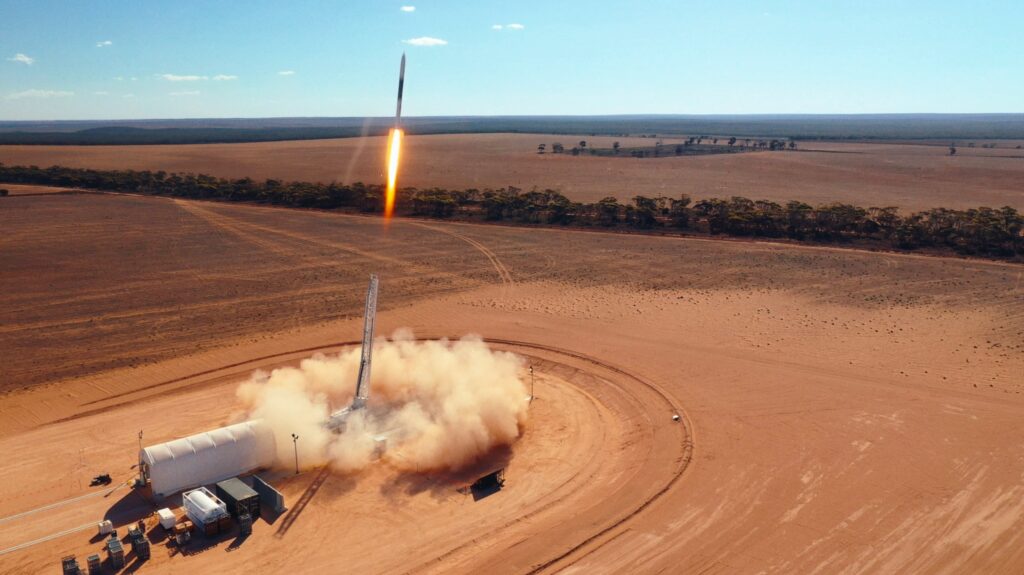Australia violated the human rights of Torres Strait Islanders, by failing to protect them from the climate crisis, a United Nations Committee ruled on Friday.
Torres Strait Islanders are a group of Indigenous Melanesian people living on the Torres Strait Islands which is part of the state of Queensland.
Eight people and their children filed the complaint three years ago before the Committee made the landmark decision that former PM Scott Morrison’s government had violated their right to enjoy their culture and lives.
The islanders argued the government had violated their rights by failing to adequately reduce carbon emissions and to put in place climate resilience measures, such as seawall defences.
The indigenous group is particularly vulnerable to the climate crisis, with rising sea levels eroding parts of the island, damaging food sources, and washing away the remains of loved ones.
Yessie Mosby, a Kulkalgal man and Traditional Owner on the island of Masig and a claimant in the case, said: ‘This morning when I woke up on Masig, I saw that the sky was full of frigate birds. In my culture, we take this as a sign from my ancestors that we would be hearing good news very soon about this case.
‘I know that our ancestors are rejoicing knowing that Torres Strait Islander voices are being heard throughout the world through this landmark case. Climate change affects our way of life everyday. This win gives us hope that we can protect our island homes, culture and traditions for our kids and future generations to come.’
The UN Committee ruled that the Australian government had violated the islanders right to culture and family life, but not article six on the right to life.
This is the first time an international tribunal has decided a country has violated human rights law through inadequate climate policy.
Now the indigenous group could be set to receive compensation, as the UN asked the government to pay people from the Boigu, Poruma, Warraber and Masig islands for the harms they have suffered.
It also called on the government to address the islanders needs and to put in place measures to protect the group from a changing climate.
Environment organisation ClientEarth worked with the Torres Strait Islanders to bring the case to the tribunal.
Australian climate lawyer Sophie Marjanac acted on the clients behalf: ‘This is an historic victory for climate justice. It is a victory for all peoples who are the most vulnerable to runaway climate change. This case opens the door for further legal actions and compensation claims by other climate affected people, and will give hope to those fighting for loss and damage at this year’s international climate talks in Egypt.
‘Australia must seriously invest in adaptation and also drastically reduce its national emissions. Nations can no longer hide behind the myth that climate change is a collective problem and that they are free of legal obligation. They must act, now.’
Photo by Aurélien Grimpard
















